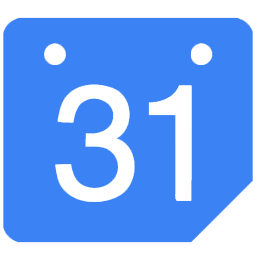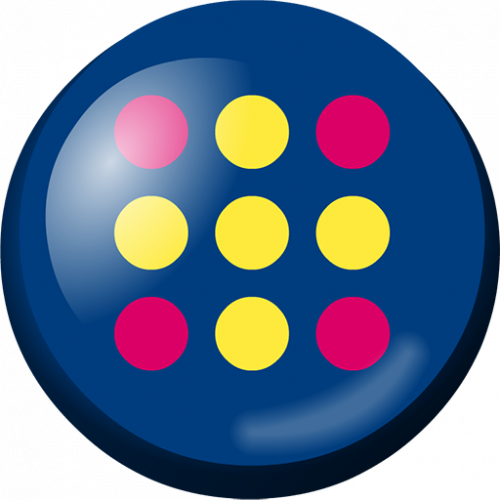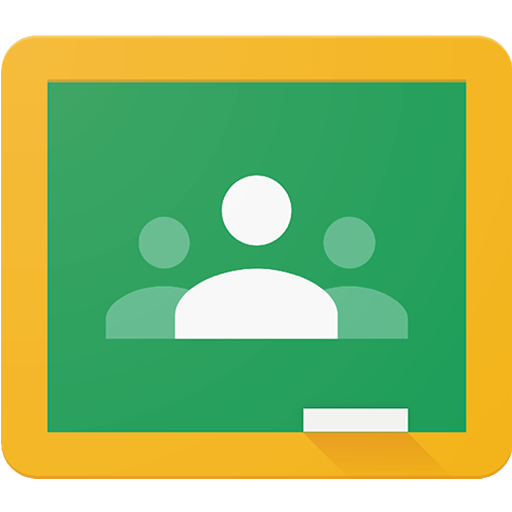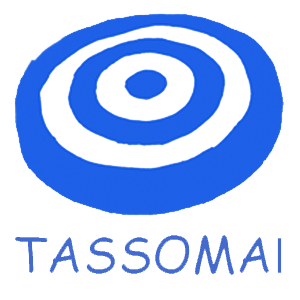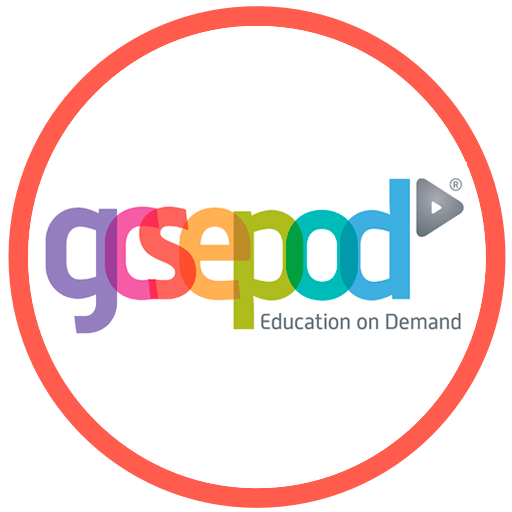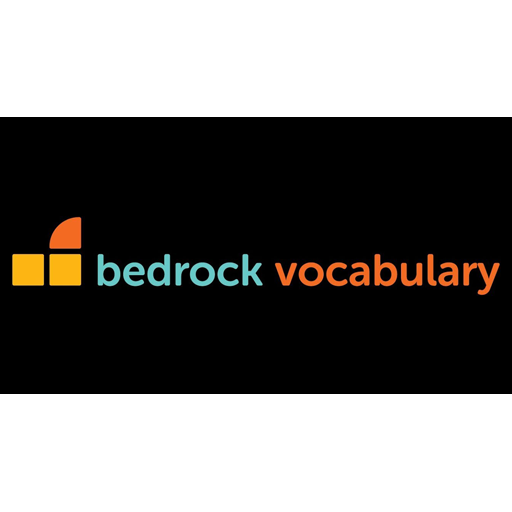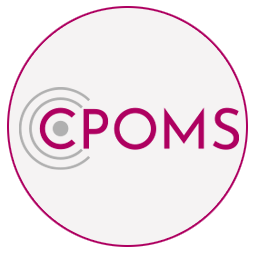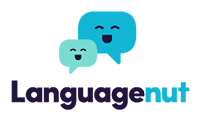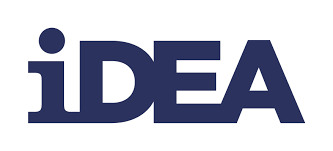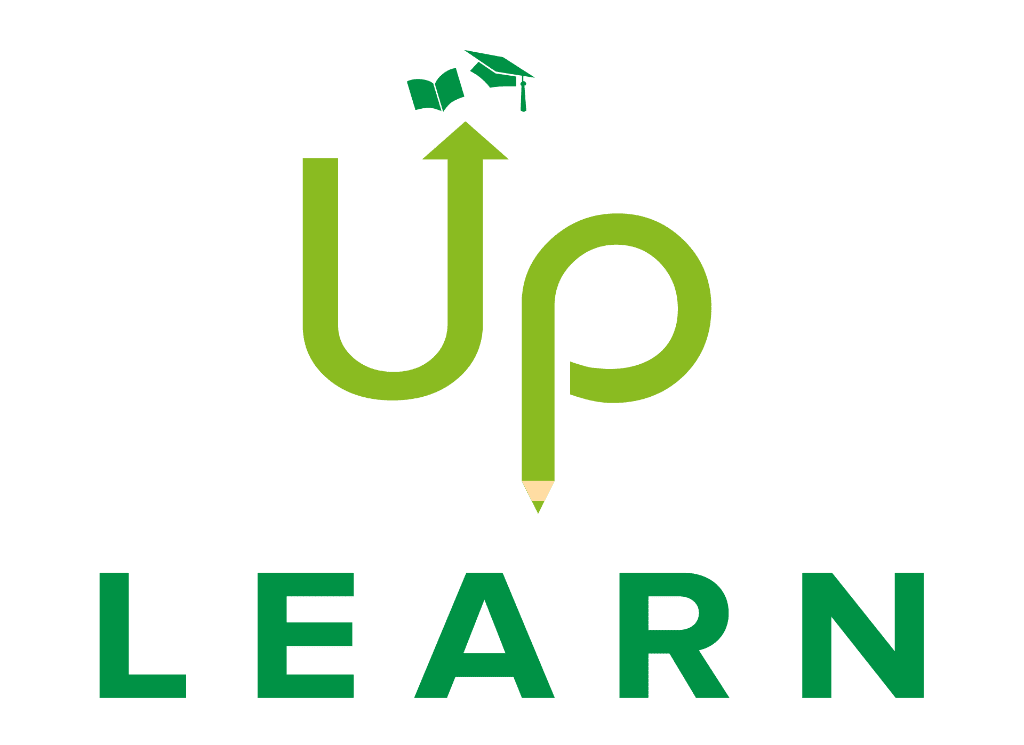![]()
Mathematics
Head of Department – Ms Preeti Devine
Maths - General Overview
The Maths department is a place where students can feel safe, encouraged and challenged in a purposeful environment. Students are at the heart of every decision we make in building their confidence, participation and talent whilst acquiring essential skills for life. Maths is a universal language that links to every job and is highly regarded by all employers.
We aim to enable students to be numerate and use Maths beyond school fluently, in real life contexts and to further their education and aspirations. Maths helps develop reasoning, logical thinking and problem solving skills. We look for youngsters to develop perseverance, resilience and clear written communication.
We build positive relationships and mutual respect. We like students to take pride in their learning and be accountable for their own success. We work collaboratively with students, LSAs and each other. We thrive to make lessons relevant and engaging in order to motivate and build confidence with a strong ethos of ‘knowing the client’ in order to optimise individual progress.
We foster success through progressive lessons and an encouraging environment where students feel supported towards continual improvement. It is important for us to develop numeracy, thinking skills, enquiry and growth mindsets. Using assessment regularly, we monitor performance against targets and believe in allowing focused reflection time and self assessment as an integral part of the learning process. This is because Maths is a marathon, not a sprint.
The Maths department is based in an all-inclusive corridor with classrooms that are fully equipped with purposeful learning environment. Each room has a wall mounted interactive whiteboard that is compatible with the staff desktops, with sound. Our display boards are well used for whole department displays and maths tools to support visual aids in learning.
We have the use of interactive whiteboards to help deliver the work and are a department that uses a combination of textbooks, worksheets and the board to bring variety into our classrooms. We do not underestimate the power of questioning and encouraging mathematical dialogue to explore and deepen understanding. The residual skill, we hope, is an inquisitive and reflective learner.
KS3 Maths
At KS3, students learn Maths according to the National DfE Framework. We believe that this gives us a good structure to build on previous knowledge and move students forward. We teach each topic for a few weeks and structure our scheme of work with Mastery and retention at the core of what we do.
Teaching in stages makes every classroom unique as we thrive to know our students’ data and needs in order to inform our planning and the work we cover. We group students in Maths so that each group is of a similar nature and the topic and content is shared and taught for students to grasp concepts easily before building it up from prior knowledge and recall.
More often than not, students practice work based on model examples and discussions in class. This is followed by self or peer assessment, giving students instant feedback on what has gone well and where they can improve. This links back to the lesson objectives, allowing the teacher to assess and move on.
We put a great emphasis in student exercise books, their presentation and they are encouraged to show step-by-step working out, key words and definitions. As the year goes on, students should be building a book that can easily be used as a friendly and personalised revision guide of their work. Therefore, pace and detail is paramount.
Maths is more than just number work or numeracy. There are four main areas:
- Number and Algebra: properties of number, fractions, decimals, percentages, ratio, etc
- Shape, Space and Measure: angles, transformations, geometry, graphs, etc
- Handling Data: averages, range, charts, interpretation, probability, etc
- Using and Applying: making Maths functional and applicable to real life, comparing costs, data and, at a higher level, applying algebra to solve problems in the world around us. This is a great area for investigative work in Maths.
KS4 Maths
1MA1 EDEXCEL Linear course with 100% exams. No coursework
Maths is more than just using numbers and basic numeracy. Maths allows students to build up and practice existing skills that are transferable to many other subjects that are studied at GCSE (such as Science, Geography and Business Studies) and skills that are used in real life, such as:
- Collecting, Sorting, Grouping, Ordering, Systemising
- Comparing, Spotting patterns, Checking
- Predicting, Generalising, Proving, Recalling
- Measuring, Orderly Communication
- Further investigating, Reasoning, Exploring logically
- Presenting logically, Logical thinking, Processing thoughts, Problem solving
Students may already think mathematically, or may use GCSE Maths to help become more mathematically minded. A mathematically minded person is very employable and these mathematical skills will be a great benefit to students for the future in terms of their resilience, perseverance and thought process.
There are 4 areas of mathematics, each looking at various methods and rules, and how we can apply them to real life situations:
Numbers and Algebra
Number properties, fractions, decimals, percentages, ratio, proportion, place value, estimation, rounding, negative numbers, number patterns, sequences, graphs, algebra skills including: solving, substitution, simplifying, rearranging and using formulae.
Shape, Space and Measure
Area, perimeter, volume, Pythagoras’ theorem, angles, measure, constructions, circles, surface area, 2D and 3D shapes, loci, similarity, transformations and compound measures.
Handling Data
Probability and chance, representing data, comparing data and analysing data.
Using and Applying
This involves a combination of the above with real life problems and comparisons.
GCSE work is not really ‘new’ Maths but a build on the knowledge that was been learnt at KS3, so students do need to work on mastering the basics so that they can apply this to the more advanced topics at GCSE. Maths is not a subject that can be read from a revision guide. It needs to be something to do. Rehearsing, revisiting, repeating and revising mathematical topics again and again until it becomes natural. Asking questions to break a problem down is one of the most important mathematical skills. Patience and perseverance are also important as certain topics can take time to sink in and connect with other topics that are already known.
Equipment in Maths is key
- Students need a pencil, a blue or black pen, a ruler, an eraser, a sharpener, compasses and a protractor.
- For clear assessing and note taking we add a green pen and a highlighter.
- Using their own calculator from the start is crucial to knowing it well enough for their exams.
- The calculator must be scientific, not a mobile phone or a basic calculator, so that students get used to their own make/ model by the time they use it in the exam. We are no longer allowed to lend calculators in the exams.
Maths Programme of Study
Equipment in Maths is key
- Students need a pencil, a blue or black pen, a ruler, an eraser, a sharpener, compasses and a protractor
- For clear assessing and note taking we add a green pen and a highlighter
- Using their own calculator from the start is crucial to knowing it well enough for their exams.
- The calculator must be scientific, not a mobile phone or a basic calculator, so that students get used to their own make/ model by the time they use it in the exam. We are no longer allowed to lend calculators in the exams.
How we assess students
KS3
KS3 assessment takes place three times a year in line with reporting and we use this information in various ways. Students sit two papers that are one hour each; testing non-calculator and calculator skills. Papers have been carefully designed to incorporated GCSE questions since this is ultimately how students will be measured in year 11.
KS4
KS4 assessment takes place three times a year in line with reporting and we use this information in various ways. Students sit GCSE practice papers that are 90mins each; testing non-calculator and calculator skills. We build up the number of papers from the start of year 9 and into year 10 and 11 so that students can see how it feels to sit three papers by the time they reach their actual GCSE exams.
We believe that this best tests their retention, allowing them to see patterns in popular exam questions as well as the paper structure, time management, showing clear methods and working to optimise their marks. Students are given time to reflect on their score and focus on their weaknesses for next time with the use of real examiner’s mark-schemes.
The above are more summative assessments in their nature to mimic the real experience in a GCSE Maths exam, where students are required to switch from topic to topic in a 90min sitting and so we are keen to train the students for this regularly. In addition to the above we have now started to incorporate a more formative assessment structure. This means that students have a more regular, shorter ‘Fitness Checks’ based on only the recent topics they’ve covered. This allows teachers to check and react more frequently by using starters, homework and feedback. We hope this looks after all earners and capabilities in their short and long term learning cycles.
How to support your child
Parents/carers can support at home by:
- Asking to see your child’s maths book at home and talking through the classwork they have recently done.
- Helping students verbalise what they are doing with their home learning and how well they understand the work.
- Creating opportunities for children to see that maths is in our everyday lives; from bills, money, measuring, travelling, cooking, etc
- Extending their understanding of Maths beyond just number work to problem solving, logical thinking and being analytical.
- Making sure your child is working on Maths regularly, almost daily, to keep up their understanding. This will help Mathematics ability in all walks of life.
Maths is a subject that is better learnt through practice as opposed to just reading. Parents are encouraged to invest in workbooks rather than revision guides where children are able to work on problems and mark this work as they go along. This is rewarding and easily tracked at home and can support school work. We recommend that this is done with a time delay to what is being covered at school. This can help improve retention and self esteem in a positive way. The main textbooks we use in lessons are mainly kept in the classroom but can be purchased from all major stationary shops or online.
Homework
KS3
KS3 homework is set in a variety of ways. Weekly homework is aimed to be 45 mins long and linked to the current topic being covered as well as recall and recent skills to boost memory and long term retention. It is this written piece that is done in exercise books, usually marked by the teacher or peer/ self assessed to diagnose misconceptions. Half-termly literacy homework has been developed to incorporate the increasing literacy demands of Maths at GCSE, promote Maths with the family and to showcase how Maths links to everyday life. Students are given a short written piece of work every half term and during the summer break to embed this ethos in Maths. For example, uses of Maths on their holiday, looking up definitions and writing a poem or song about it.
KS4
KS4 homework is set in a variety of ways. Weekly homework is aimed to be 45 mins long and linked to the current topic being covered as well as recall and recent skills to boost memory and long term retention. It is this written piece that is done in exercise books, usually marked by the teacher or peer/ self assessed to diagnose misconceptions. Half termly homework consists of a practice exam paper or two, depending on the length of the holiday.
Maths is a subject that is better learnt through practice as opposed to just reading. Parents are encouraged to invest in workbooks rather than revision guides where children are able to work on problems and mark this work as they go along. This is rewarding and easily tracked at home and can support school work. We recommend that this is done with a time delay to what is being covered at school. This can help improve retention and self esteem in a positive way. The main textbooks we use in lessons are mainly kept in the classroom but can be purchased from all major stationary shops or online.
Extra Curricular Opportunities
We offer extensive support to students with a weekly after-school maths club. Students are good at using the weekly after-school drop-in to support their course; working with teachers and each other to extend their maths ability. There are also on-line resources that do well at helping maths be more accessible.
Students can access mymaths.co.uk from our school website. We are real advocates of this resource as a key tool in learning Maths. It is great for revision or catching up with missed work, where students can pick the own topic to work on. The school log- in and password is well known by the students. Their own username and password is in the back of their books and with tutors as well as the Maths teachers.
MyMaths has two functions: to learn through an interactive lesson or, to go through a quiz that is instantly marked and gives students an opportunity to revise. It is also a tool that we link to our assessment system by encouraging students to work on their weaknesses. The feedback we have about MyMaths is that students like the independent learning and it is all online. This can be used at any time and students can access all the work in the library within MyMaths. There are also games and booster packs to help personalise their learning.
Other places to find good materials to support your child at home are BBC bitesize and Youtube, where the odd reading or video of a maths technique can help some children internalise topics which they find hard to grasp, memorise or apply.


